It’s your job to convince decision-makers and people in your community that there are so many benefits to be gained from being physically active. And you’re not alone.
Gain access to ISCA’s extensive network of members and partners, “The Moving People Community”, where ideas, know-how and knowledge are shared on a peer-to-peer basis.
Supercharge your network, get fit for the digital age and leap into a sustainable future – get inspired by people, cities and organisations who are on the MOVE.
Gain inspiration, skills and strength to advance to the next level – you don’t need to be a computer game hero to join in, but you’ll learn how to defeat inactivity monsters like one.
Have a stronger voice locally, nationally and internationally through affiliation with ISCA’s international political statements and advocacy for grassroots sport.
Engage in international collaboration through externally funded project on the most pressing themes for physical activity and grassroots sport.
Fit bodies, fit minds, a healthy planet and a healthy sector can achieve much more. So how can we get into better shape to move with the times and make a difference?

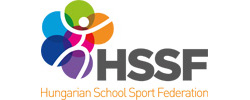

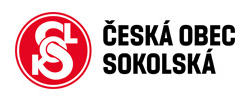
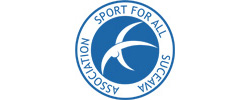


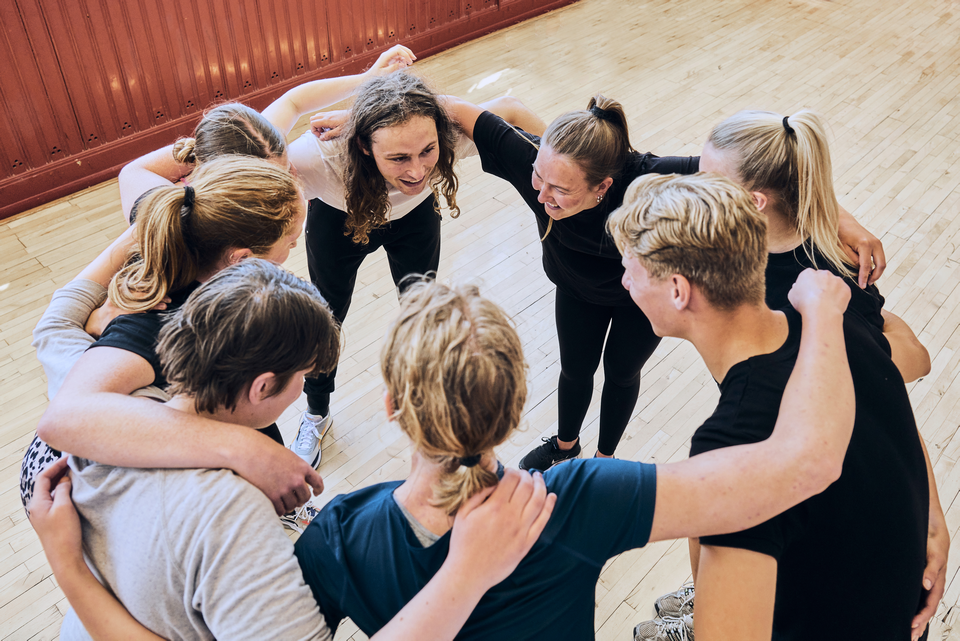
Health goes beyond physical health. Recreational physical activity intersects with physical, mental and social health, enhancing people’s wellbeing.
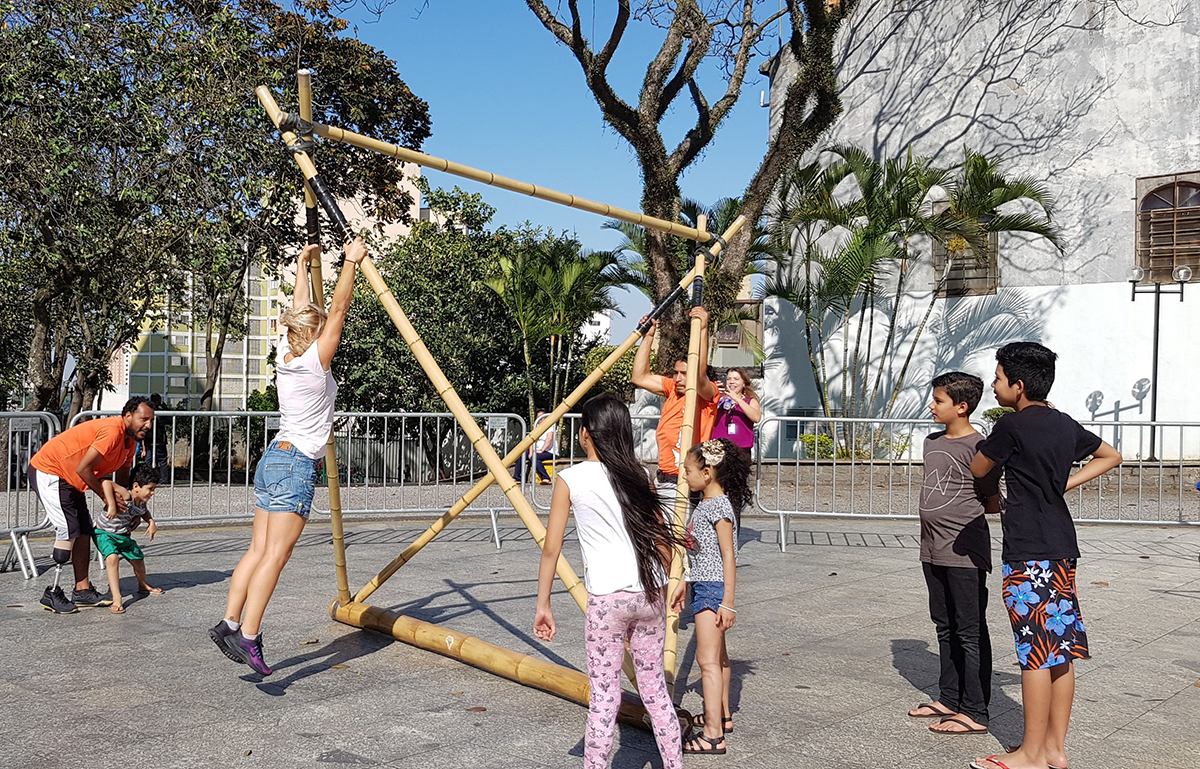
Grassroots sport can support the integration of refugees, encourage social inclusion and create welcoming communities for everyone, but this requires deliberate effort.
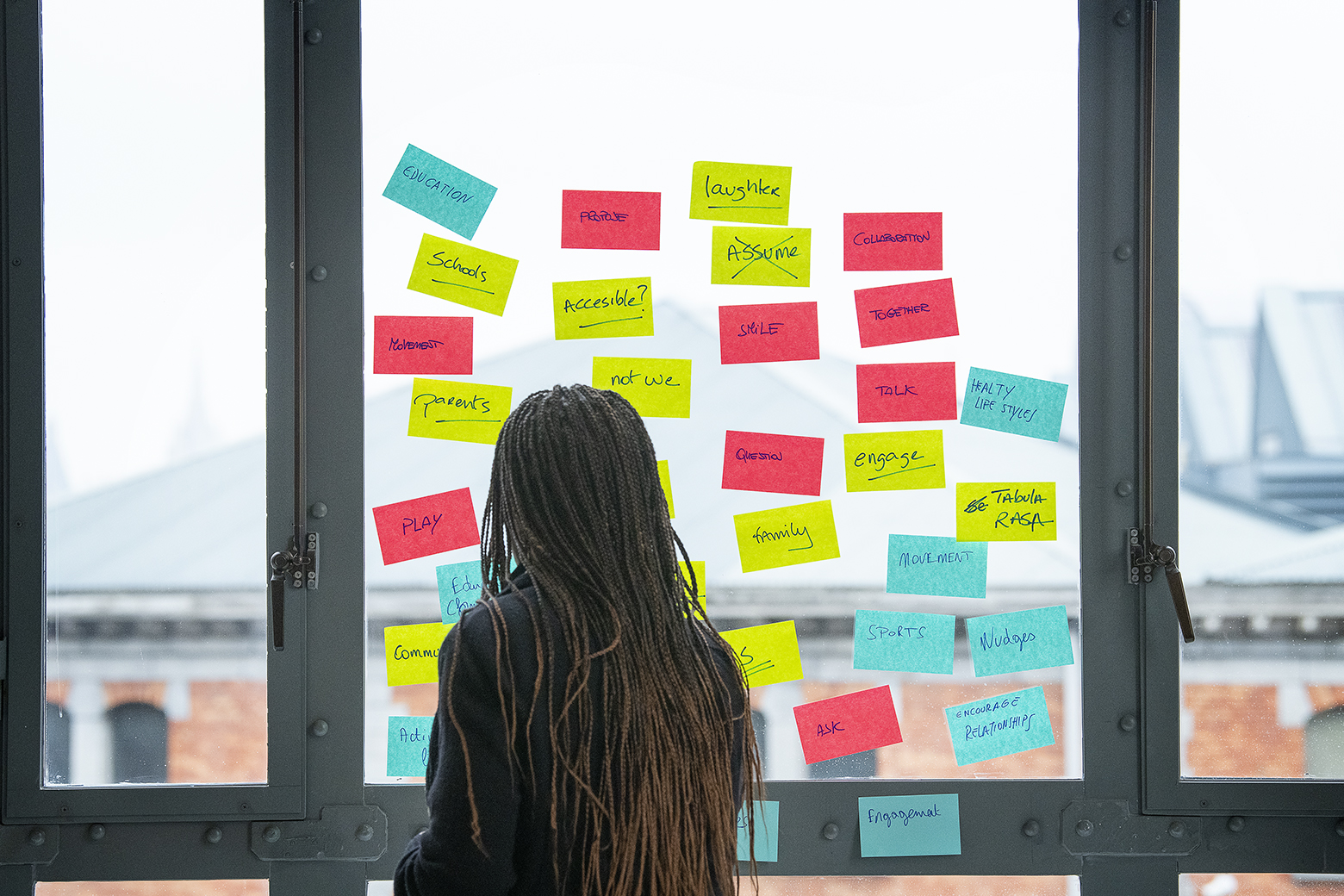
We are all ageing every day. Movement, play, and joyful activity support physical and mental wellbeing, strengthen social connections, and promote healthier ageing. Supporting active lifestyles means empowering individuals and building environments that make staying active easier, balancing personal choice and institutional responsibility.
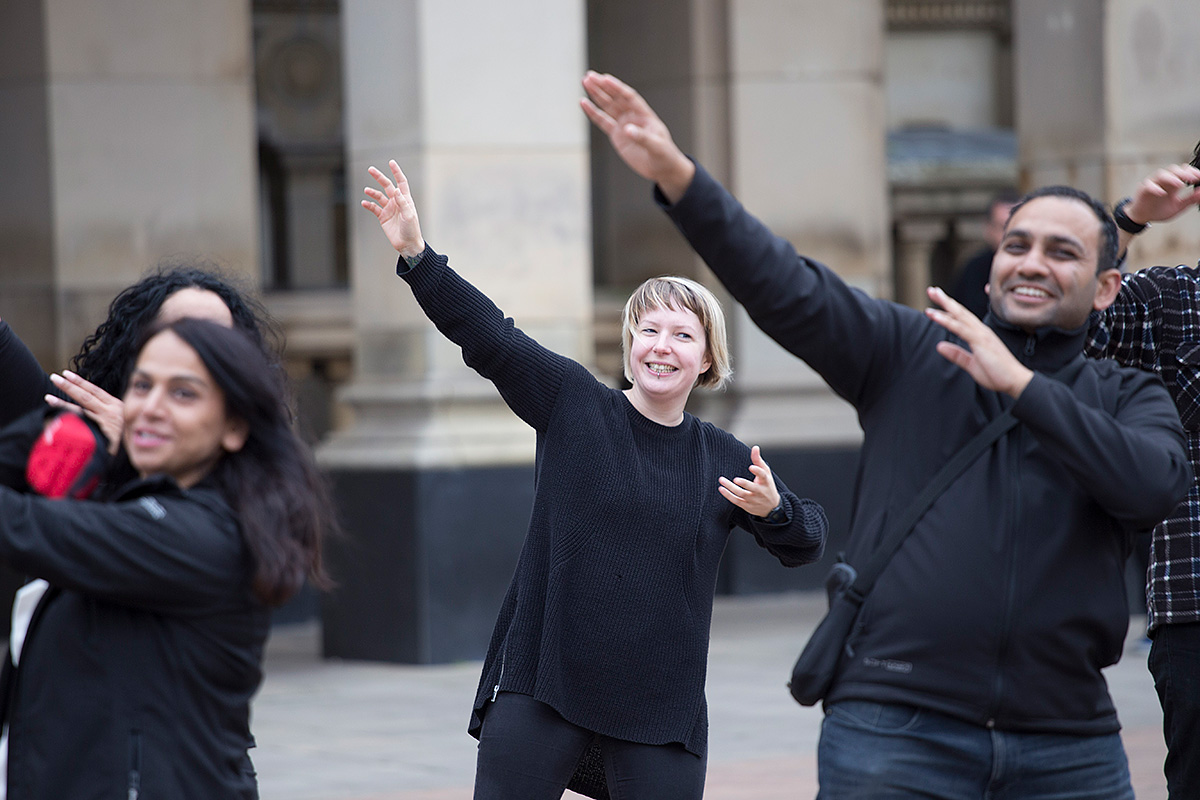
Volunteers are the backbone of grassroot sports organisations. Volunteering enriches people’s lives by providing a sense of purpose, new skills and social connections in the local community. How can we motivate and engage volunteers?
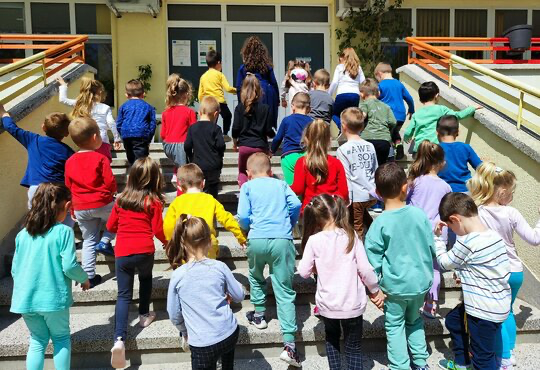
Just as we teach reading and writing, we must teach physical and health literacy to equip people with the knowledge they need to access and maintain an active lifestyle.
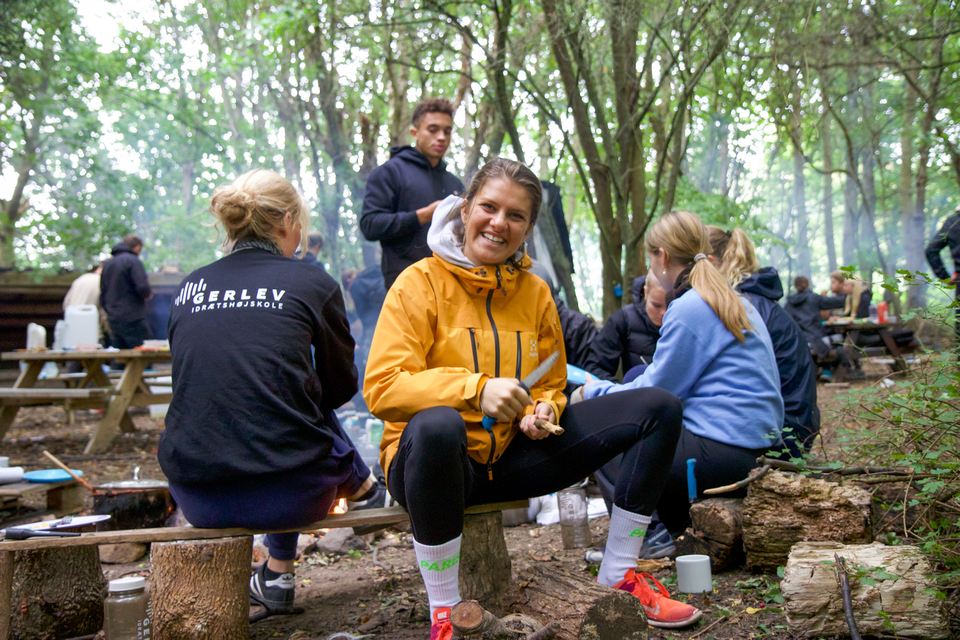
Schools and kindergartens play a significant role in creating healthy habits from childhood. Physically active learning increases participation, and overall well-being by embracing movement throughout the school day.
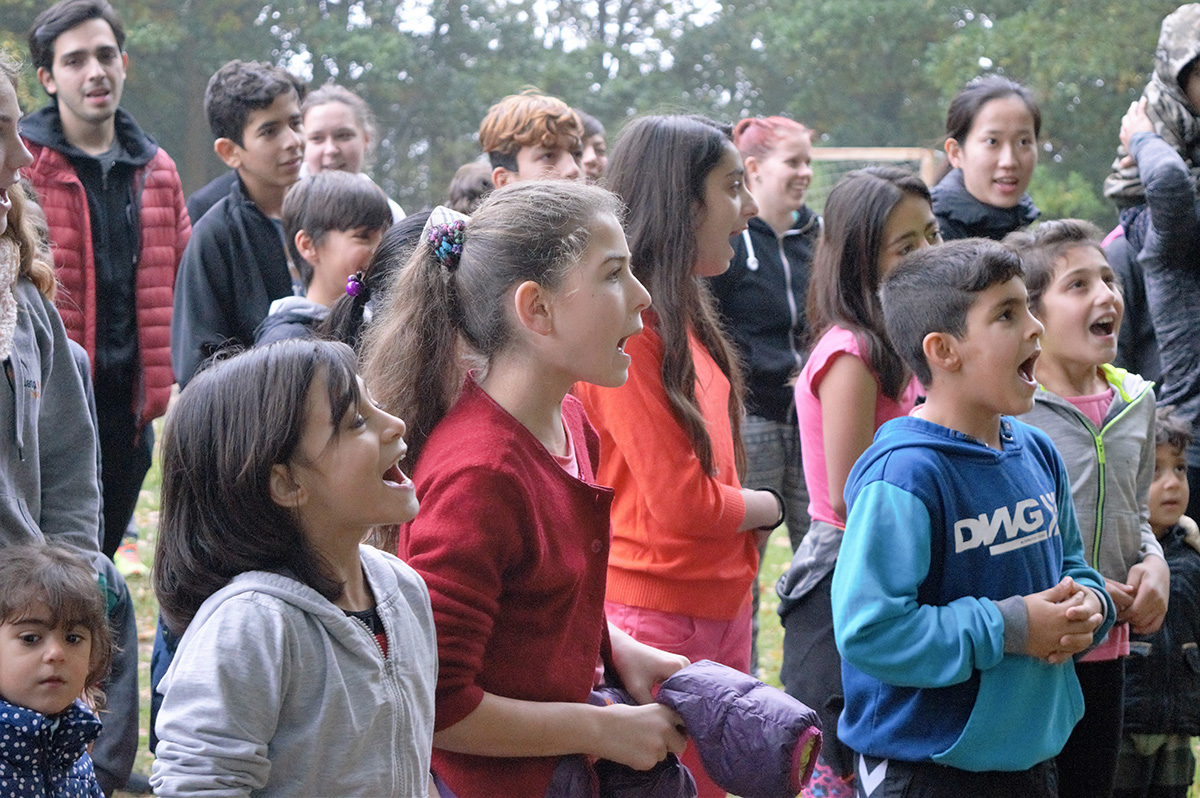
Engaging children and young people in grassroots sport associations empowers them to shape the future of movement, sports, and society. Beyond viewing them as a target group, we need to amplify their voices in all stages of decision-making and programme design.

Local sports associations can be catalysts for climate action through education, mobilisation, and adaptation efforts. They can promote eco-friendly behaviour by linking physical activity and well-being with environmental sustainability.
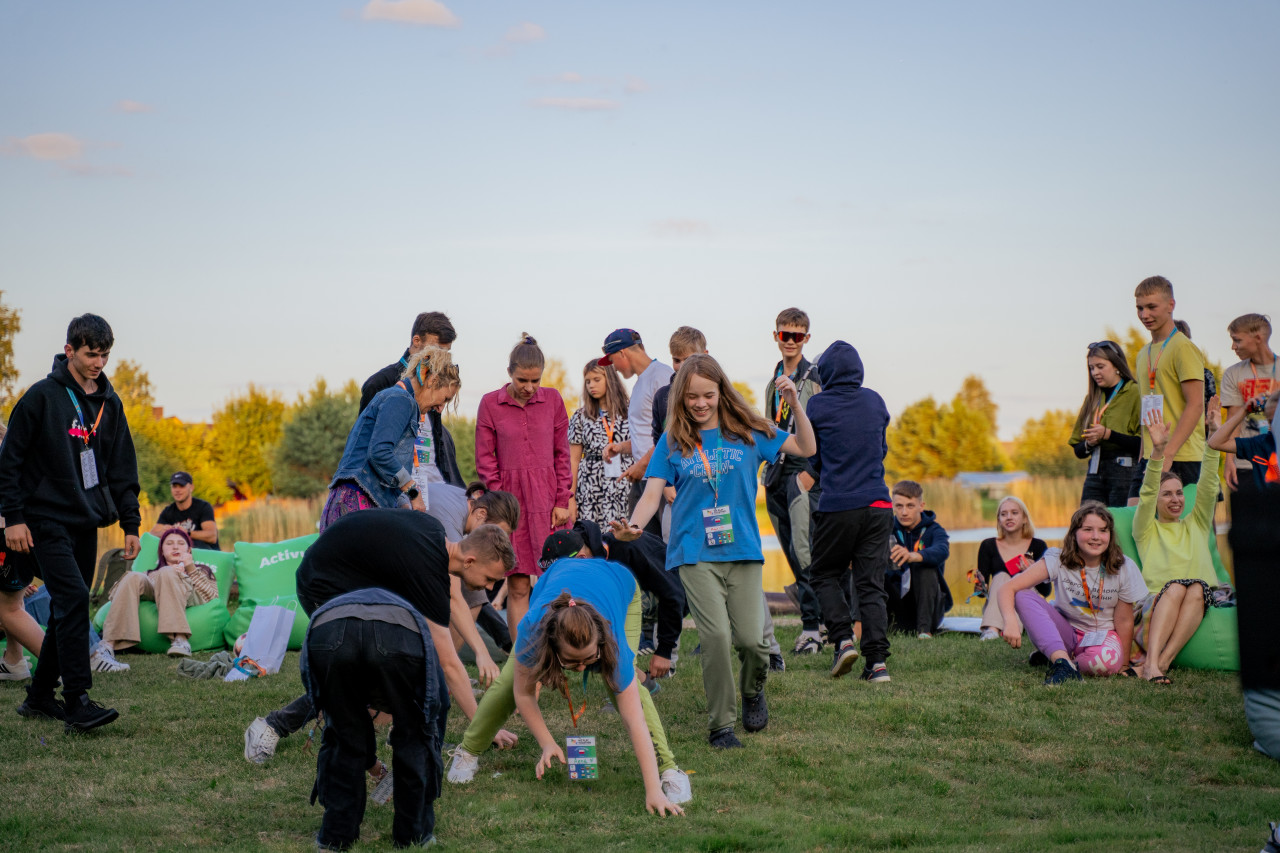
Physical inactivity and childhood obesity are deepening crises. How can we ensure that political priorities focus on funding physical activity and grassroots sport, so that everyone has a chance to practice their Human Right to MOVE? What kind of policy changes would we want to see?
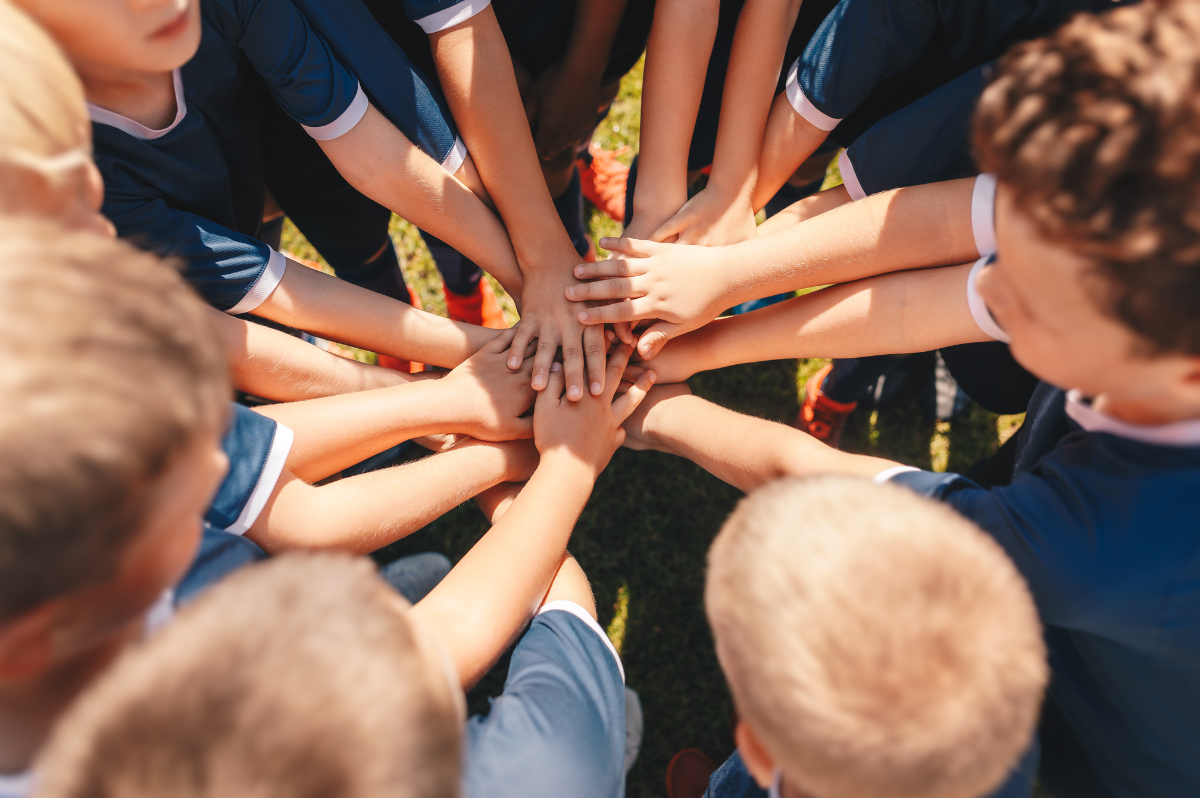
Violence has no place in sport. Tackling gender-based violence and safeguarding children’s rights are essential to ensuring safety, dignity, and equality for all in grassroot sport. Everyone deserves to experience sport as a positive, empowering space free from harm, fear, or abuse.
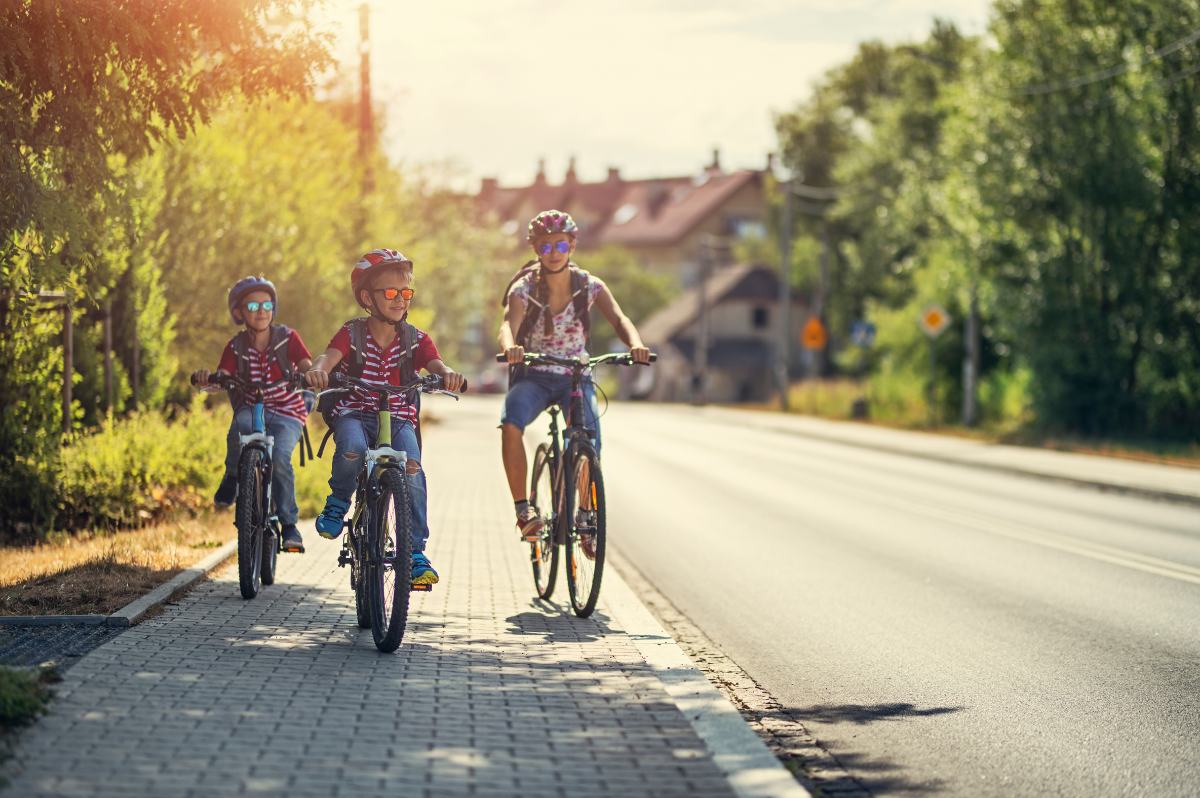
Urban environments play an important role in promoting healthy and active lifestyles. From safe walking and cycling infrastructure to accessible parks and sports facilities, prioritising active living in planning and policy can create healthier, more connected, and more resilient communities.

Physical activity and sport for development sometimes struggle to make their voice heard. The sector could better leverage the strong business cases for investing in them; however, when we focus on “monetising” outcomes we risk devaluing or missing other social impact. How and where can the sector use financial measures to make its case, and what are the limitations of this approach?
“The really special thing about the MOVE Congress is that there are so many sports implementers and activists and projects that are operating outside of the normal sports structure. So coming to the MOVE Congress is incredibly inspirational because we’re learning about all of the different practices and techniques of good project design”
Vesterbrogade 6D
1620 Copenhagen V
Denmark
Copyright © 2025 International Sport and Culture Association. All rights reserved.
GDPR | Site Map